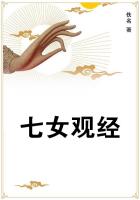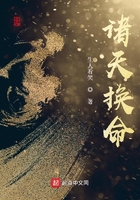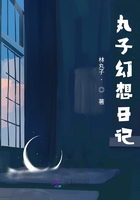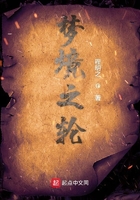In 1876 she cheers up a bit, and on September 17, writes: "I am going to like Miss Lord (professor of Latin) very much indeed and shall derive a great deal of profit from her teaching." And on October 8, "Having already had so much Greek, I think I could take the classical course for Honors right through, even though I did not begin German until another year, and as I am quite anxious to study Chemistry and have the laboratory practice perhaps I had best take Chemistry now and leave German for another year. It is indeed a problem and a profound one as to what I am to do with my education and I am very anxious to hear from father in answer to my letter and get his thoughts on the matter. I have the utmost confidence in Miss Horton's judgment (professor of Greek) and I think I shall talk the matter over with her in a day or two."
Evidently the "experiments" which had taken so much of her time in 1875 had now been eliminated, and she was able to respect the work which she was doing. Her Sunday schedule, which she sends her mother on October 15, 1876, will be of interest to the modern college girl.
Rising Bell 7
Breakfast 7.45
Silent Hour 9.30
Bible Class 9.45
Church 11
Dinner 1
Prayer Meeting 5
Supper 5.30
Section Prayer Meeting 7.30
Once a Month Missionary Prayer Meeting 8
Silent Hour 9
Bed 9.30
And in addition to her required work, this ambitious young student has arranged a course of reading for herself:
During the last week l have been in the library a great deal and have been browsing for two or three hours at a time among those delightful books. I have arranged a course of reading upon Art, which I hope to have time to pursue, and then l have made selections from some such authors as Kingsley, Ruskin, De Quincey, Hawthorne,--and Mrs. Jameson, for which I hope to find time.
Besides all this you can't imagine what domestic work has been given me. It is in the library where l am to spend 3/4 of an hour a day in arranging "studies" in Shakespeare. The work will be like this:--Mr. Durant has sent for five hundred volumes to form a "Shakespeare library." I will read some fully detailed life of Shakespeare and note down as l go along such topics as I think are interesting and which will come up next year when the Juniors study Shakespeare. For instance, each one of his plays will form a separate topic, also his early home, his education, his friendships, the different characteristics of his genius, &c.
Then all there is in the library upon this author must be read enough to know under what topic or topics it belongs and then noted under these topics. So that when the literature class come to study Shakespeare next year, each one will know just where to go for any information she may want. Mr. Durant came to me himself about it and explained to me what it would be and asked me if I would be willing to take it. He said I could do just as I wanted to about it and if I felt that it would be tiresome and too much like a study and so a strain upon me, he did not want me to take it. I have been thinking of it now for a day or two and have come to the conclusion to undertake it. For it seems to me that it will be an unusual advantage and of great benefit to me.--Another reason why I am pleased and which I could tell to no one but you and father is that I think it shows that Mr. Durant has some confidence in me and what l can do. But--"tell it not in Gath"--that I ever said anything of the kind.
Thus do we trace Literature 9 (the Shakespeare Course) to its modest fountainhead.
Elizabeth Stilwell left her Alma Mater in 1877, but so cherished were the memories of the life which she had criticized as a girl, and so thoroughly did she come to respect its academic standards, that her own daughters grew up thinking that the goal of happy girlhood was Wellesley College.
From such ***** beginnings, ******* in the best sense of the word, the Wellesley of to-day has arisen. Details of the founder's plan have been changed and modified to meet conditions which he could not foresee. But his "five great essentials for education at Wellesley College" are still the touchstones of Wellesley scholarship.
In the founder's own words they are:
FIRST. God with us; no plan can prosper without Him.
SECOND. Health; no system of education can be in accordance with God's laws which injures health.
THIRD. Usefulness; all beauty is the flower of use.
FOURTH. Thoroughness.
FIFTH. The one great truth of higher education which the noblest womanhood demands; viz. the supreme development and unfolding of every power and faculty, of the Kingly reason, the beautiful imagination, the sensitive emotional nature, and the religious aspirations. The ideal is of the highest learning in full harmony with the noblest soul, grand by every charm of culture, useful and beautiful because useful; feminine purity and delicacy and refinement giving their luster and their power to the most absolute science--woman learned without infidelity and wise without conceit, the crowned queen of the world by right of that Knowledge which is Power and that Beauty which is Truth."

